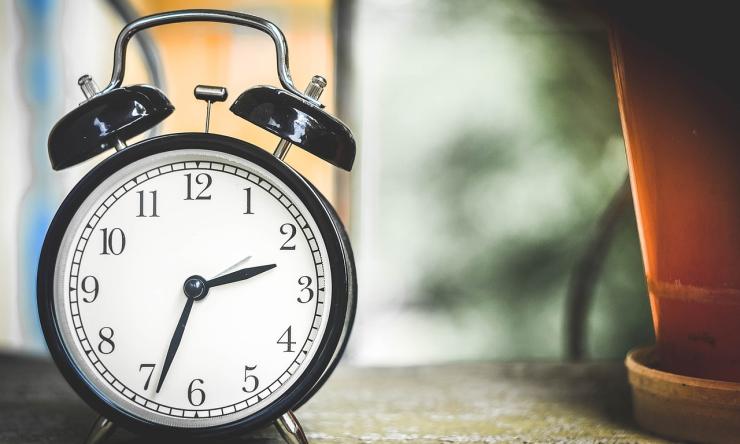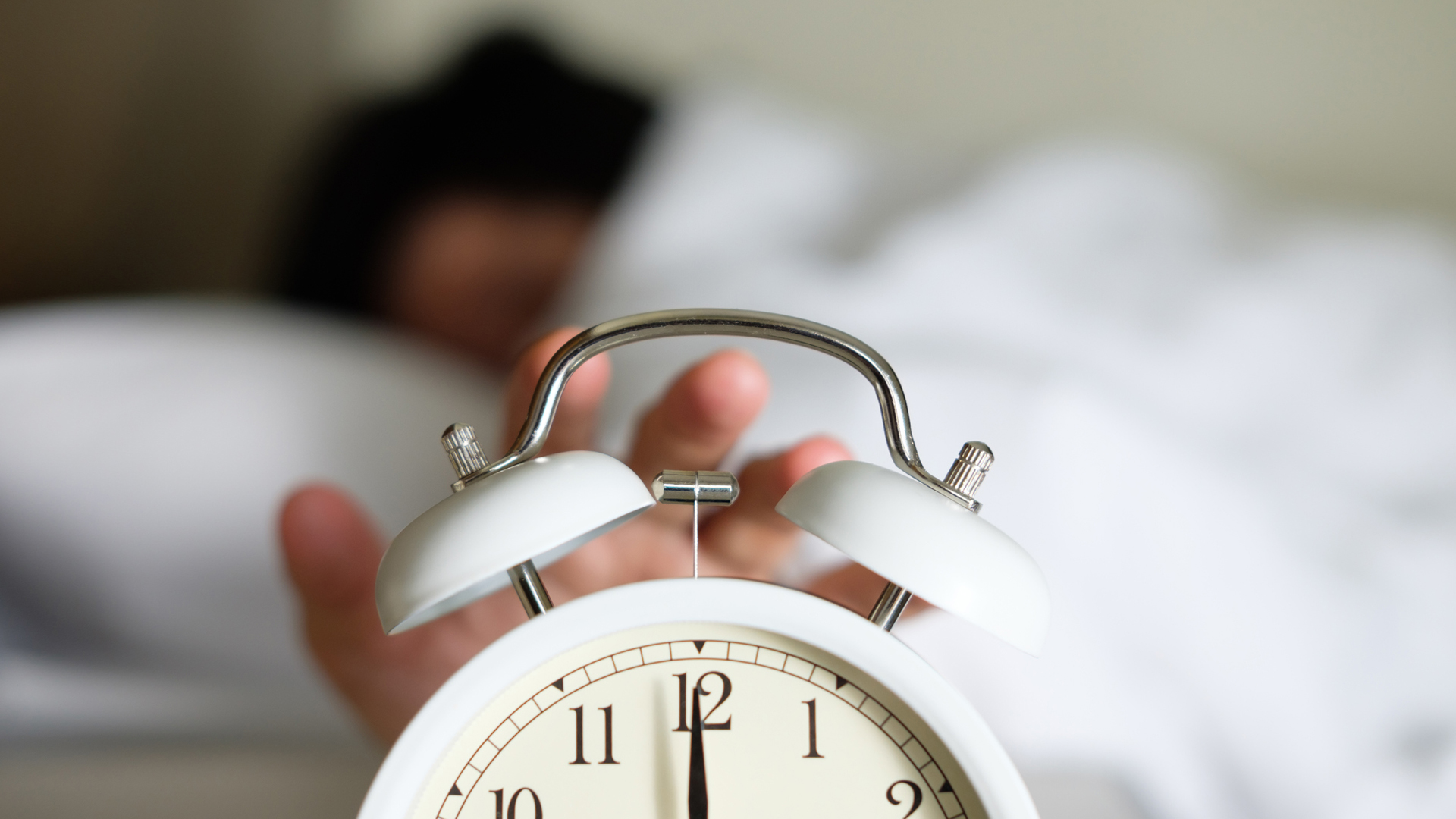Modern life is busier and faster than ever. From scrolling through an insta dp photo late at night to working long office hours, many of us unknowingly disrupt our body’s internal clock. This internal mechanism, called the circadian rhythm, is more than just a scientific curiosity—it is the hidden clock that quietly governs almost every function in our body. Understanding how it works can help us unlock better health, energy, and focus in daily life.
What Is the Circadian Rhythm?
The circadian rhythm is a 24-hour cycle that influences our sleep, digestion, hormone production, and even mood. Often referred to as the “biological clock,” it is deeply connected to light and darkness in our environment. For example, exposure to morning sunlight signals your brain to release cortisol, a hormone that wakes you up, while evening darkness triggers melatonin, preparing your body for rest.
Ignoring these natural signals by staying up late, consuming caffeine too close to bedtime, or working irregular hours can throw the rhythm off balance. Over time, this misalignment is linked to problems like insomnia, weight gain, weakened immunity, and poor concentration.
Sleep: The Core of Your Internal Clock
Sleep is the most obvious way our circadian rhythm reveals itself. A regular bedtime allows the brain and body to reset. However, in today’s digital-driven lifestyle, many people trade restful sleep for late-night scrolling or binge-watching. Just as one might browse an australian lawyers directory for trusted legal guidance, it’s important to trust your body’s natural sleep cues to maintain balance.
Getting quality sleep doesn’t just recharge energy; it improves learning, creativity, and emotional resilience. If you’ve ever noticed how one bad night of rest makes you irritable or forgetful, you’ve seen firsthand how fragile the circadian system can be.
Food and Digestion: Timing Matters
Circadian rhythms also govern digestion and metabolism. Eating late at night can confuse the body, making it harder to process food efficiently. Nutrition experts now emphasize not just what we eat but when we eat. Aligning meals with daylight hours supports healthy digestion and prevents issues like acid reflux or metabolic sluggishness.
Think of your mealtimes as more than habits—they’re signals to your internal clock. A balanced breakfast after sunrise sets the day in motion, while a light dinner before evening allows the body to prepare for rest.
Mental Health and Emotional Balance
Interestingly, circadian rhythms also influence our mental state. Consistent sleep and daylight exposure have been shown to reduce anxiety and depression risks. Even creative expression, such as reading or writing attitude shayari for girls, can feel more uplifting and productive when done in sync with natural energy peaks.
When you honor your rhythm, mornings feel brighter, focus improves, and mood swings stabilize. But when ignored, you may find yourself in a cycle of fatigue, irritability, or even chronic stress.
Technology and Circadian Disruption
Our modern lifestyle introduces new challenges. Blue light from phones, laptops, and TVs tricks the brain into thinking it’s still daytime, delaying melatonin release. Over time, this leads to poor sleep quality and disrupted rhythms.
Just as businesses hire the best social media agency australia to manage their online presence strategically, individuals must learn to manage screen exposure with equal discipline. Using night mode, limiting late-night screen use, and getting early-morning sunlight are small steps that make a big difference.
Work, Productivity, and the Internal Clock
Circadian rhythms also affect when we perform best at work. Some people are natural morning larks, while others function better at night. Understanding your natural energy peaks helps you schedule important tasks at the right time.
For example, if you’re most alert mid-morning, that’s when you should tackle complex projects or critical decisions. Less demanding activities, like organizing files or browsing a local tradesmen directory, can be reserved for low-energy hours in the afternoon.

Restoring Balance: Simple Lifestyle Adjustments
The good news is that even if your circadian rhythm is out of sync, it can be restored with mindful changes. Here are a few science-backed adjustments:
- Consistent Sleep Schedule: Go to bed and wake up at the same time daily.
- Morning Light Exposure: Spend at least 15 minutes outdoors in the morning.
- Balanced Eating Times: Avoid heavy meals late at night.
- Mindful Technology Use: Reduce screen time before bed.
- Evening Routine: Create a relaxing wind-down practice like reading, journaling, or meditation.
These small steps realign your internal clock, improving sleep, energy, and long-term health.
Why It Matters for Long-Term Wellness
Your circadian rhythm isn’t just about sleep—it’s about the body’s overall harmony. From regulating blood sugar and blood pressure to supporting brain function and hormone health, it influences every part of your well-being. Ignoring it may not cause immediate damage, but over years, the effects accumulate into chronic illnesses.
By respecting your circadian rhythm, you take control of one of the most powerful natural tools for health. It’s a reminder that the body works best when it runs on its own clock, not just the world’s calendar.
Conclusion
The circadian rhythm is an invisible but powerful force shaping your health, mood, and productivity. In a world full of distractions and shifting schedules, paying attention to this hidden clock is essential. Whether it’s managing your screen time, aligning your meals, or simply honoring your bedtime, each small choice helps restore balance.

